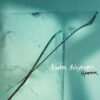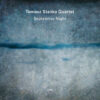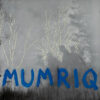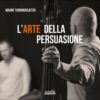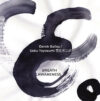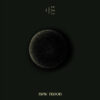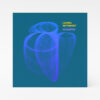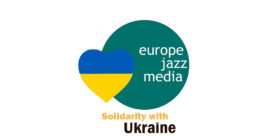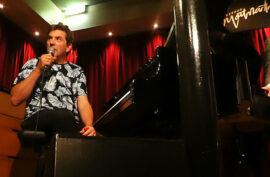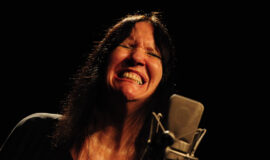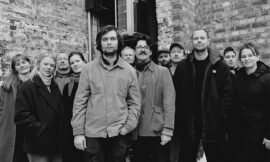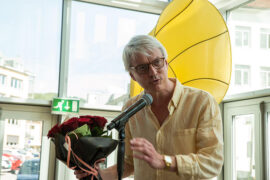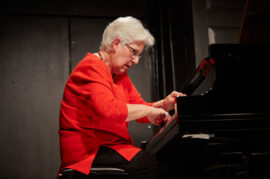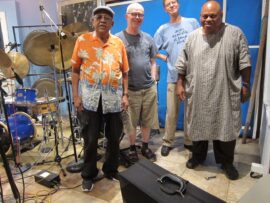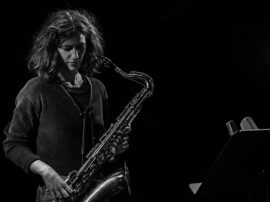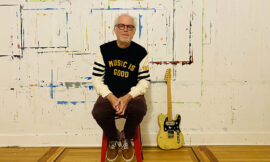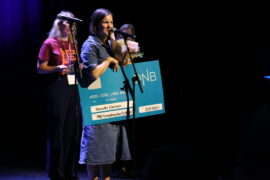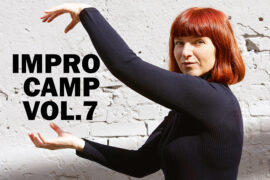
The Brooklyn-based tenor sax player Lena Bloch was born in Moscow, Russia, immigrated to Israel in 1990, then relocated to Germany and Netherlands, and in 2008 settled in the United States. She is one of the few jazz musicians who openly identify with the plight of the Palestinian refugees, as one who knows from her own personal experience what it means to leave your loved ones, yearn for your own homeland and become an expatriate. Bloch quotes Palestinian poet Mahmoud Darwish who wrote: «I am from there. I am from here. / I am not there and I am not here», as a guiding inspiration for her new album «Rose of Lifta». The previous album of Bloch, «Heart Knows» (Fresh Sound New Talent, 2017), was dedicated to one of her mentors, Muslim sax player Yusuf Lateef.
«Rose of Lifta» is the sophomore album of Bloch with her quartet Feathery – pianist Russ Lossing, double bass player Cameron Brown and drummer Billy Mintz – and she dedicated it to the deserted Palestinian village Lifta, now in the western outskirts of Jerusalem, the only Palestinian village that its houses still remain almost intact after its residents were expelled in 1948. «Rose of Lifta» is a unique species of climbing rose that you can still find in Lifta, and Bloch quotes Palestinian poet and activist Iman Annab: «Against all odds, the rose will continue to climb». The album was recorded at Skyline Studios in New York in July 2019.
The seven compositions – penned by Bloch and Lossing – are structured as a long, continuous suite and reflect the unsettling and deeply emotional themes of exile, loss, and longing for home, as encapsulated by Darwish, and experienced by Bloch. The atmosphere of «Rose of Lifta» is, naturally, mournful, sometimes even melancholic, but eventually radiates a hopeful, life-affirming spirit. Bloch insisted that the quartet will record the album with no particular arrangements and in one room, encouraged collective improvisations that would embrace risk-taking. This quartet clearly sounds like a tight, emphatic unit, an organism that is bigger than its parts.
The compositions incorporate the dynamics of Middle-Eastern traditional music – introducing a lyrical melodic theme, and then improvising on this theme – individually and as an organic ensemble – and expanding its conversant, recurring motifs. The rhythm section of Brown and Mintz, who often plays on the skins of the drums with his hands, anchors the sensual, gentle interplay of the quartet and supports the soulful and poetic yet reserved solos of Bloch and Lossing. Beautiful and thoughtful compositions like «Mad Mirror» or «Mahmoud Darwish», both written by Bloch, and the latter is, obviously, a sonic ode to the great poet, or Lossing’s «New Home» and «Old Home» have an immediate emotional impact. All linger in the listener’s mind long after this impressive album is over.
Eyal Hareuveni
Lena Bloch (ts), Russ Lossing (p), Cameron Brown (b), Billy Mintz (dr, perc)

